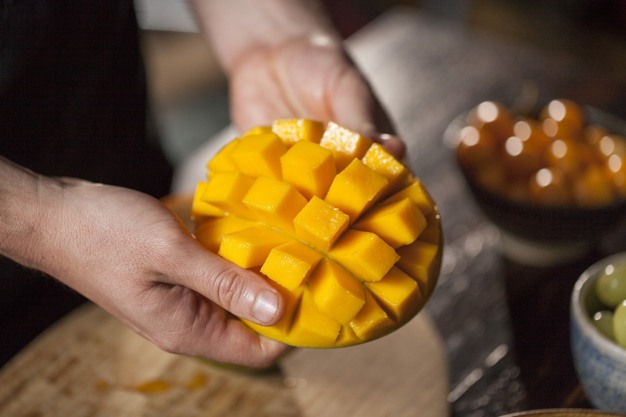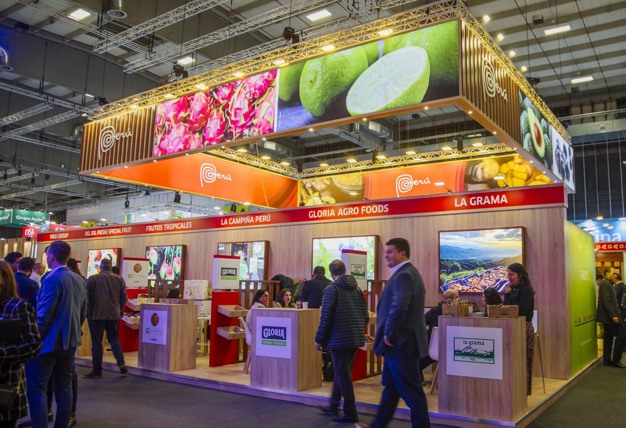Germany is Europe's largest economy and one of the main destinations for Peruvian agro-exports. With a highly environmentally conscious population and a growing demand for fresh and organic produce, this market represents an opportunity for Peruvian exporters. However, it also poses significant challenges.
"88% of German consumers have some awareness of sustainability issues," says Eric García, Promperú's economic trade advisor in Germany. "As a result, there's a growing preference for local and lower carbon footprint products, which has motivated Peruvian exporters to align their strategies with more sustainable practices and strengthen their certifications."

Germany is Europe's largest fruit importer, with around 20% of the region's total imports. Within this market, the most demanded Peruvian products are bananas, avocados, grapes, blueberries, and mangoes, all of which are very popular with German consumers.
"The German market is characterized by its stability and a rational approach to consumption, prioritizing quality and sustainability over passing trends," says García. "This means that, although changes in the demand happen more gradually when a product manages to position itself, its consumption remains solid."
"The organic sector is one of the fastest-growing. It already accounts for 7% of total fresh produce in Germany and has reached one of the highest levels globally, and Peru has comparative advantages to compete in this segment. Our biggest strength when it comes to organic production is that our geographical characteristics reduce the need for pesticides, which facilitates certification," he says.

"However, despite this potential, Peruvian exporters face difficulties in consolidating themselves in the German market. One of the main obstacles is the post-pandemic inflation, which has reduced the purchasing power of consumers and created a preference for more affordable products," says García.
Furthermore, certification requirements are becoming increasingly strict. "Beyond European regulations, retailers have their own requirements. Complying with GlobalGAP, IFS, or SMETA standards is no longer just a requirement, it is a must," says García.
"Another challenge is the carbon footprint of exports and companies having to adapt their processes to meet the expectations of European consumers. Therefore, to strengthen the competitiveness of Peruvian exporters, Promperú has developed two main strategies: training and access to market information," he says.
"We keep exporters informed about trends, prices, and competitor strategies, and we attend important events in the sector. Even though our supply isn't available all year round, as Promperú we must always try to remain on the radar of buyers," says García. "For this reason, we participate in trade fairs and business rounds in Europe, with an outstanding presence at events such as Fruit Attraction in Madrid or Fruit Logistica and Biofach, both in Germany. We also organize meetings such as Expo Perú Norte and Expo Perú Sur, where we seek to connect Peruvian producers with international buyers."

"Projections for this year indicate that the volume of Peruvian exports to Germany could fall by between 5% and 10%, but with an increase in terms of value due to the upward trend in prices. Should the German economy experience a slowdown, volumes are likely to stabilize. However, what is certain is that we are going to see a significant increase in the value of exports, estimated at around 20%," says García.
 For more information:
For more information:
Erick García
Promperu Germany
Tel.: +49 162 2676303
egarciag@promperu.gob.pe
https://promperu.de/
